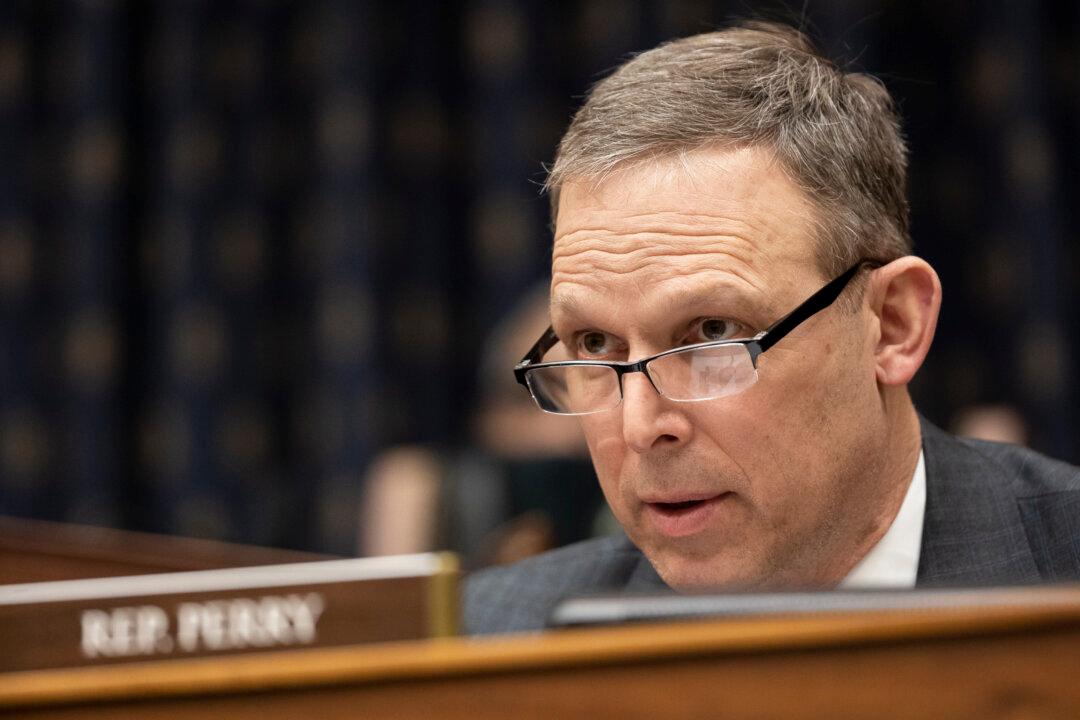Rep. Scott Perry (R-Pa.) has announced he will not cooperate with the “illegitimate” House January 6 committee after he was asked to answer questions about the “Stop the Steal” rally that took place at the Capitol.
Perry is the first member of Congress to be pursued by the Jan. 6 committee, but the committee has sent out dozens of subpoenas to President Donald Trump’s former White House staff.





